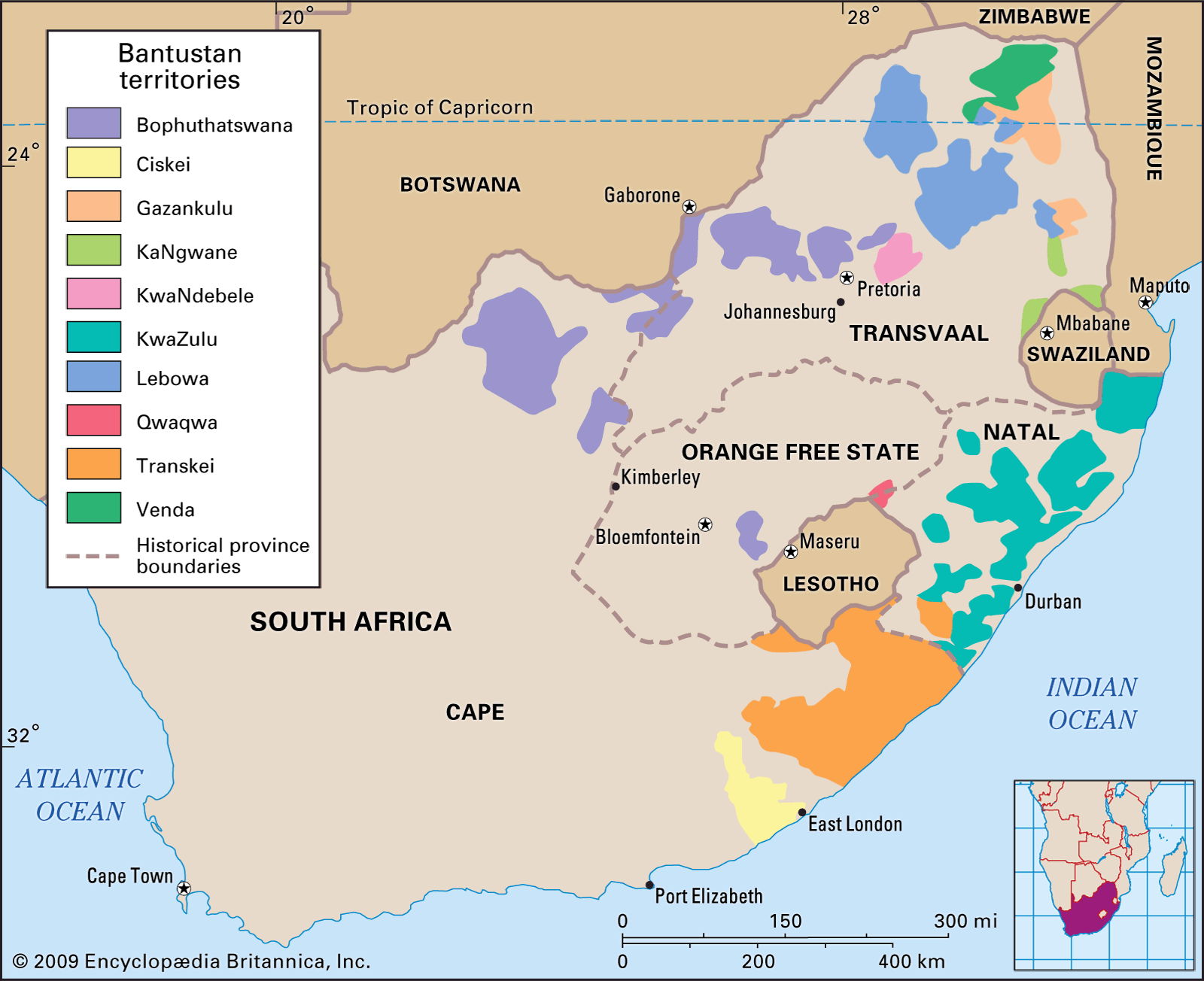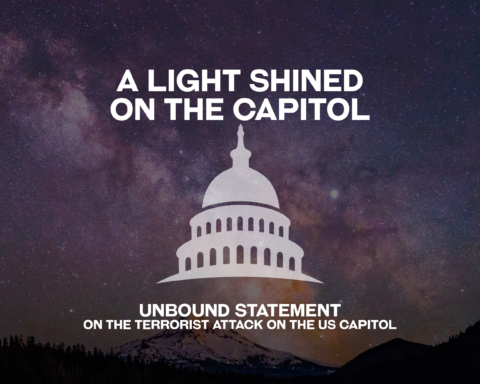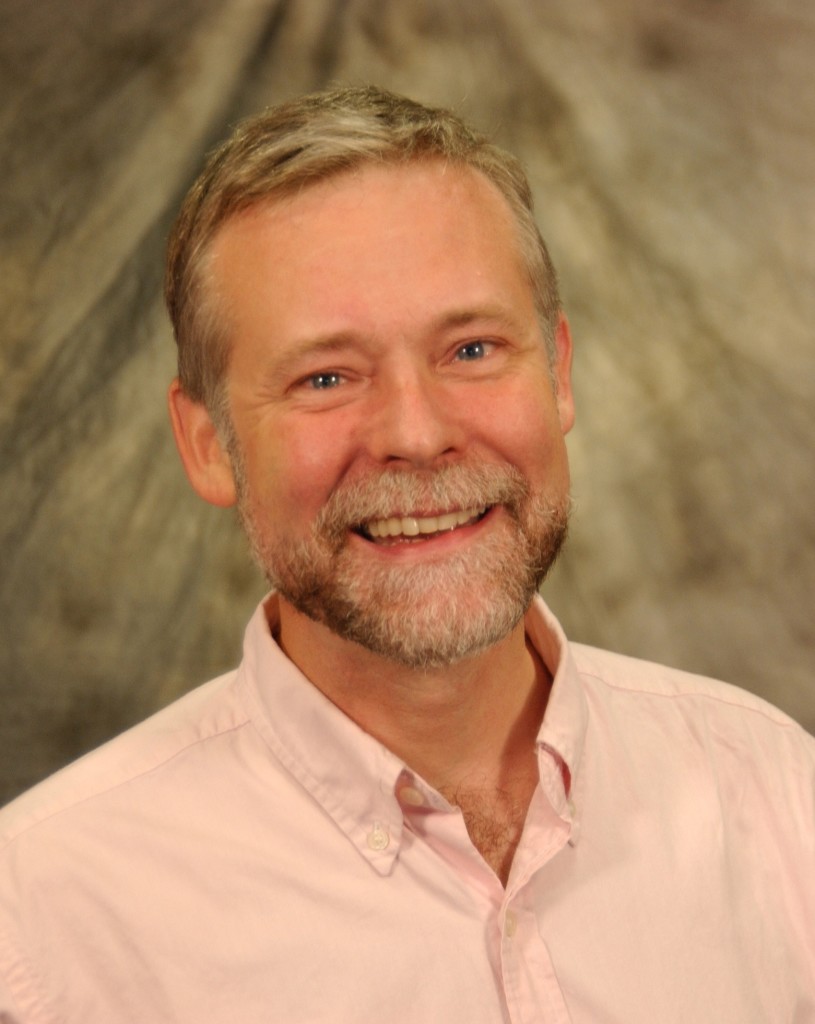Racism, Belhar, and the Church in South Africa

South Africa is a deeply wounded society. More than 340 years of racist colonial and apartheid rule impacted the black majority very negatively. During this period, people of colour were not allowed to live where they wanted. The white minority owned more than seventy percent of the land, and the only land available to black South Africans was in the unfertile Apartheid-era Bantustans. There were separate amenities for black and white people, and citizens were not allowed to marry a person of a different race. White South Africans were perceived to be superior to their black compatriots; the dignity and humanity of people of colour were not honoured. White business accumulated wealth through the exploitation of black labour, and there was a deliberate attempt by successive racist governments to prevent people of colour from developing to their full potential.
Racial discrimination in South Africa was even present within the church. Perhaps the best example of such discrimination was the Dutch Reformed Church (the largest church within the white community). This church developed a theology of apartheid to legitimise the establishment of separate Dutch Reformed Churches for white, black, coloured, and Indian South Africans. People of colour were not allowed to attend the white church services, and theological students of colour could not be trained alongside white students.
___________________________________________
The lack of commitment to restitution from white South Africans creates the impression amongst those who have suffered racial discrimination that the period of their prolonged oppression is not acknowledged.
___________________________________________
The South African democratisation process, in the aftermath of the first democratic election in 1994, started with the reversal of racist policies and their effects on the lives of the black majority. A new constitution and a bill of human rights were developed to promote equality amongst all citizens. The newly-elected government initiated policies of redress to facilitate real change within the society.

Although much progress has been made in the creation of a new society, much more work is still required. South Africa remains one of the most unequal societies in the world. The majority of white South Africans enjoy a comfortable standard of living, while the majority of black South Africans still live in abject poverty. Most of the menial work in the country is still done by black people. The country’s economic wealth is largely located within white society. Despite their cumulative advantage through generations of racist rule, white South Africans remain reluctant to embrace restitution as a strategy to promote healing in the country. Although some white South Africans developed remorse for the human rights abuses linked to our country’s racist past, it is in the commitment to restitution, the actual practice of “sorryness”, that the sincerity of that remorse will be best demonstrated.
This persistent racial inequality in South Africa remains fertile soil for fueling both white racism and black anger. Because of the desperate socio-economic status of many black South Africans, some white people still consider black South Africans to be inferior. The lack of commitment to restitution from white South Africans creates the impression amongst those who have suffered racial discrimination that the period of their prolonged oppression is not acknowledged. The reality of white racism was recently illustrated when a white person referred to black people as ‘monkeys’ on social media. In even this one racist remark, black people relived for a moment the humiliation and abuse they endured under racist rule. The general outrage of the black community to his incident has led to a new appreciation among all citizens that South Africa still has a long way to go before we will become a non-racial or post-racial society.
___________________________________________
In the midst of these current socio-economic challenges, the South African church is still one of the most credible and well-positioned institutions to combat racism and promote socio-economic justice.
___________________________________________
White South Africans’ illusions of superiority will continue as long as the majority of black South Africans remain poor and the bulk of the wealth and other resources remain in the hands of the white minority. I firmly believe that the most powerful tool to combat racism and establish equality in South Africa is the pursuit of socio-economic justice for all South Africans, particularly those members of society who are the poorest and most marginalised. In the current South African context of stagnant economic growth, slow progress with land restitution and redistribution, and limited participation in the sharing of the country’s minerals, a non-racial South African society remains a pipedream.
 In the midst of these current socio-economic challenges, the South African church is still one of the most credible and well-positioned institutions to combat racism and promote socio-economic justice. The overwhelming majority of South Africans profess the Christian faith and attend church regularly. The development and use of theologies to support racial equality and socio-economic justice will be important tools in promoting a non-racial and just South African society. The Belhar Confession of the Uniting Reformed Church in Southern Africa (and soon-to-be adopted into the PC(USA) Book of Confessions) is an example of such a theological resource. This confession provides a theological rationale for the rejection of racism and the pursuit of socio-economic justice for all people.
In the midst of these current socio-economic challenges, the South African church is still one of the most credible and well-positioned institutions to combat racism and promote socio-economic justice. The overwhelming majority of South Africans profess the Christian faith and attend church regularly. The development and use of theologies to support racial equality and socio-economic justice will be important tools in promoting a non-racial and just South African society. The Belhar Confession of the Uniting Reformed Church in Southern Africa (and soon-to-be adopted into the PC(USA) Book of Confessions) is an example of such a theological resource. This confession provides a theological rationale for the rejection of racism and the pursuit of socio-economic justice for all people.
The Belhar Confession and other theologies that promote racial equality and socio-economic justice need to become regular parts of the spiritual diet of people of faith in South Africa. Belhar should not only be preached from pulpits on Sunday; it should also inform our weekly Sunday school classes, the regular meetings of women’s movements, and the private devotions of the faithful in their homes.
As Christians, we have heard the message of the resurrection and know deep in our beings that the new world order in Christ has already arrived. This new life can never allow for any discrimination against someone who looks a bit different from you.
*****
AUTHOR BIO: Rev. Deon Snyman is an ordained minister of the Uniting Reformed Church in Southern Africa and the Chief Operating Officer of the Restitution Foundation. He holds a Master’s Degree in Political Studies at the University of Cape Town and a PhD in Old Testament at the University of Pretoria. Deon was part of the 2015 International Peacemaker Programme of the PC(USA).
Editor’s Note: The Uniting Reformed Churches in Southern Africa (URCSA) recently released a Pastoral Letter on Racism. What follows is an excerpt from that letter:
Racism is sin, and we as church are not spared this sin. In different ways we as children of God and as a faith community are struggling to address racism. We struggle with the effects of racism, and we are perpetuating racism prejudices and practices. Therefore as church we cannot point fingers to others in society when it comes to racism.
So before we start addressing racism in society, we need to talk with ourselves and be honest. As URCSA we experience on a daily basis that members of our church are practicing racism. They are not practicing a lesser racism than others. We need to acknowledge and confess that we as the church are not an example of a non-racist church. We can try and convince the world that we are a church in which people of differences races, cultures, and language groups are one. The fact that at some places people of races are worshiping together does not mean it is happening everywhere. The reality is that we are part of a race divided society in Southern Africa in which racism is well and alive. We have to confess that we are not doing enough to address racism constructively and that we do not help one another to combat this destructive sin. The only way to address a problem is first to acknowledging the problem. We may differ about the nature of the problem, the extent of the problem, and the way to address it, but it all starts by confessing that we are also guilty of the sin of racism.
How should we as Christians respond to the escalating conflict caused by racism in church and society?
We do not think that we should join the blame game and point fingers at one another or others. The whole racism debate is an emotional debate because it hurts people. People are angry and while in anger say, write, and do things that we later may regret. We think that we should start to constructively engage with one another and find a way and process to get to a long term solution. In responding to racism we need to start by asking: who are we? Black, White, Coloured, Indian, Asian, Mixed decent, Human, or Christian? As members of URCSA we are part of a confessing church. In our confessions and especially the Belhar Confession we confess our identity and calling. Let us help one another to start with the questions: Let us start with ourselves and ask who we are. Who are we as Christians? With what kind of theology do we face racism?
Read the entire pastoral letter here.
*****
Read more articles in this issue Call to Confession: Race, White Privilege and the Church!






Unbound Social